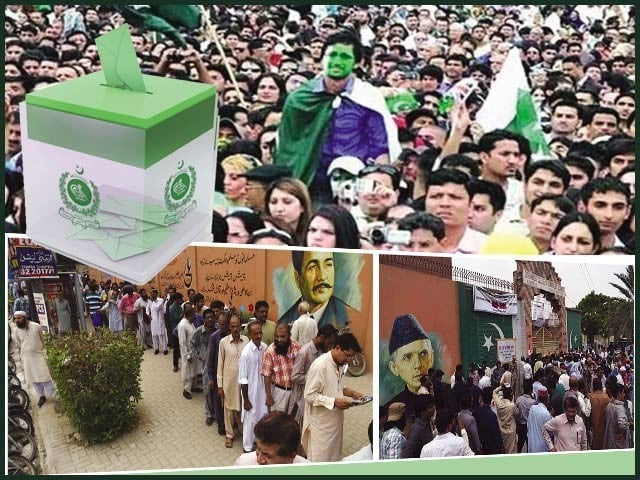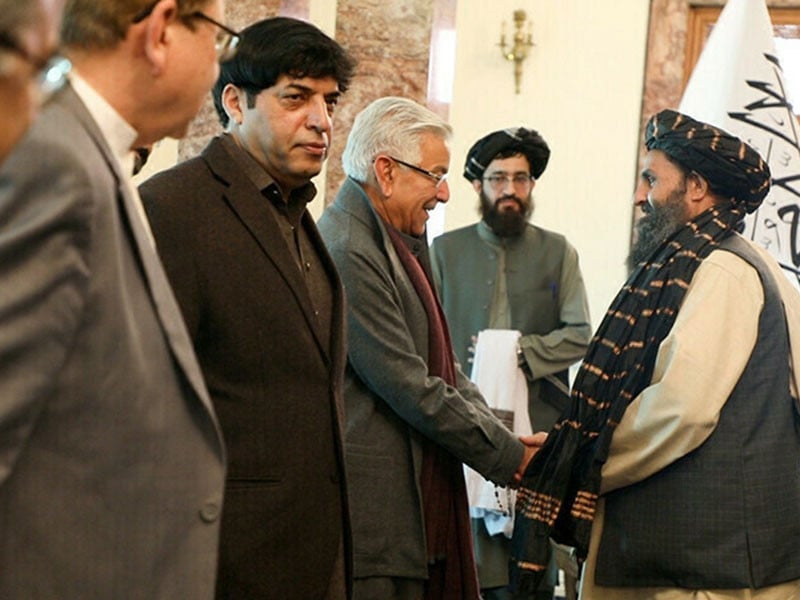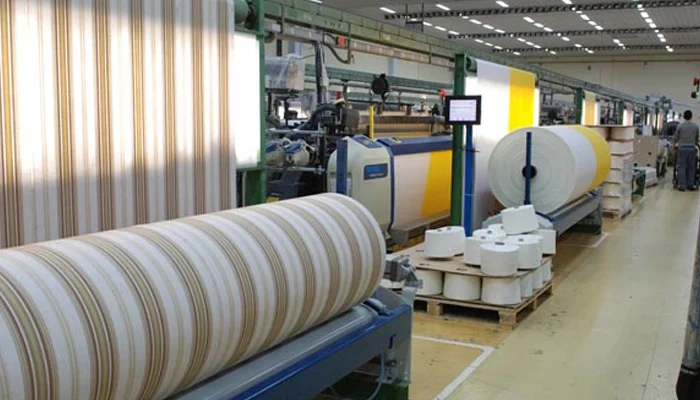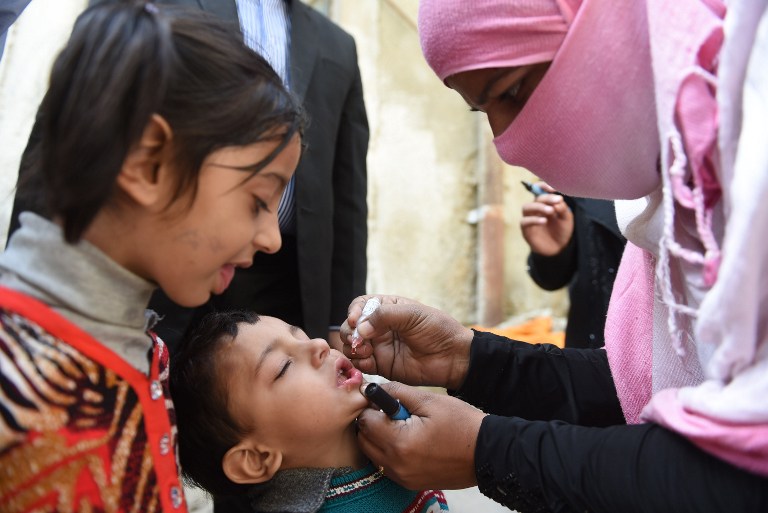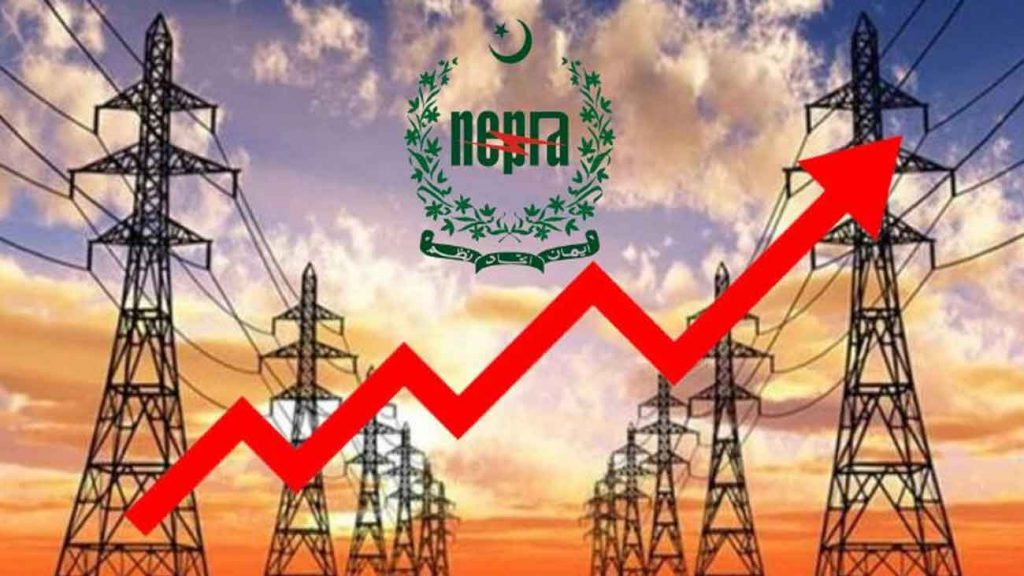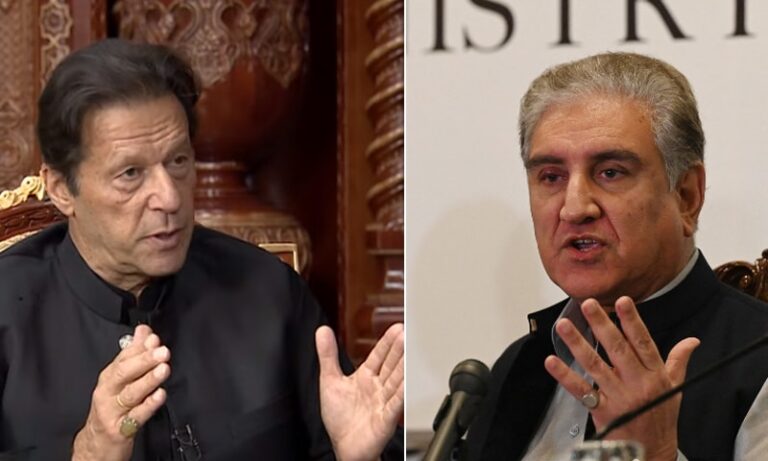Editorial
Free and fair elections are not just political formalities; they are the cornerstone of a healthy state and society. They provide the foundation for legitimacy, representation, and peaceful transfer of power, fostering trust in government and promoting social cohesion. In a democracy, the government derives its authority from the consent of the governed. Free and fair elections provide the mechanism for citizens to express their will and choose their representatives. This builds legitimacy for the government, as it reflects the people’s choices and holds leaders accountable to their constituents. Without this legitimacy, governments risk being seen as illegitimate and facing potential instability.
Elections ensure that diverse voices and perspectives are heard and represented within the government. When elections are inclusive and accessible, marginalized groups have the opportunity to participate in the political process and advocate for their interests. This promotes social justice and prevents the concentration of power in the hands of a select few. Free and fair elections provide a peaceful and orderly mechanism for transferring power from one leader or party to another. This stability is crucial for economic development and social progress. Without such a mechanism, transitions can be violent and chaotic, leading to instability and setbacks.
Elections act as a powerful tool for holding leaders accountable for their promises and performance. By knowing they face the possibility of being voted out in the next election, leaders are incentivized to work in the best interests of their constituents and address their needs. This promotes good governance and responsiveness to the people. When elections are perceived as free and fair, it fosters trust in the political system and government institutions. This trust is essential for social cohesion and cooperation, as it reduces feelings of alienation and disenfranchisement among different groups within society. Conversely, rigged or unfair elections can breed cynicism, division, and even violence.
Free and fair elections often correlate with strong economic performance. Studies have shown that countries with democratic institutions, including regular and credible elections, tend to experience higher levels of economic growth and development. This is likely due to factors such as better resource allocation, increased accountability, and greater political stability.
Finally, free and fair elections are not just a desirable feature of a successful state; they are an essential component. They provide a mechanism for legitimacy, representation, accountability, and peaceful transfer of power, ultimately contributing to a more just, stable, and prosperous society for all. Protecting and strengthening the integrity of elections is therefore vital for any nation that aspires to build a vibrant democracy and ensure the well-being of its citizens.
Pl, subscribe to the YouTube channel of republicpolicy.com



































